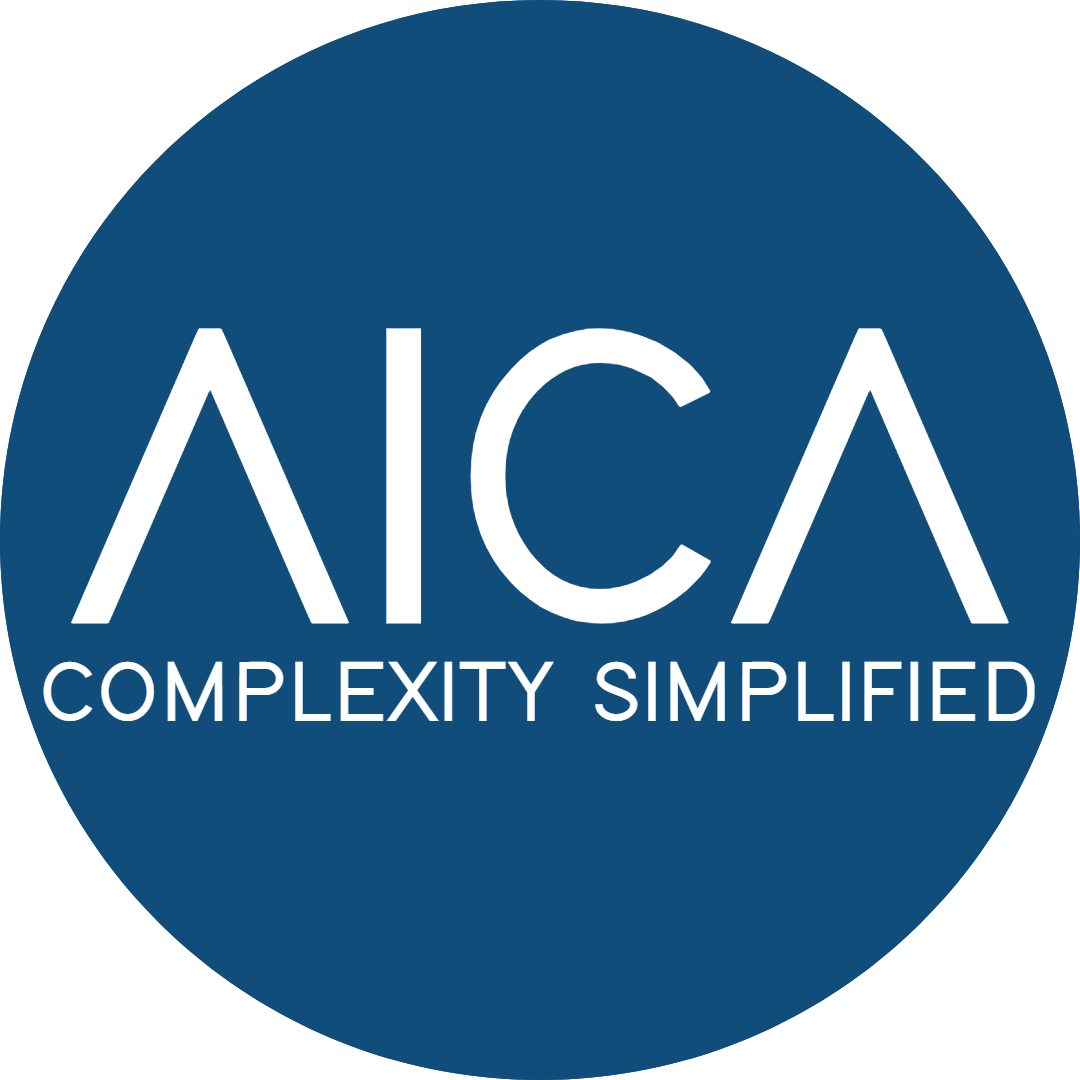In the United States, operational efficiency is crucial for equipment-intensive industries like manufacturing, energy, and construction, where smooth supply chains and well-maintained machinery are key to success.
Downtime, whether due to maintenance, inventory issues, or equipment failures, can lead to costly setbacks. Companies across these sectors are realising that one of the most effective ways to minimise downtime is by maintaining clean and enriched product data.
This article explores how high-quality product data can reduce downtime, streamline processes, and help U.S. companies improve productivity and profitability.
Understanding Clean and Enriched Product Data
Clean data is accurate, complete, and consistent, free from duplicates, errors, or outdated information. Clean data for companies managing extensive inventories includes product specifications, supplier details, maintenance intervals, and current pricing.
Enriched data takes this a step further by adding value-added information, such as detailed descriptions, product attributes, material classifications, translation, and industry codes like UNSPSC. For companies dependent on accurate information to keep operations moving, enriched data becomes a critical resource.
How Clean and Enriched Data Reduces Downtime
1. Optimised Inventory Management
One of the leading causes of downtime is the delay in acquiring necessary parts or materials. Clean and enriched data provides accurate, real-time visibility into inventory levels, helping companies avoid shortages of critical components. When data is organised, up-to-date, and complete, companies can manage inventory efficiently, reorder parts on time, and ensure essential items are always available. This prevents delays and keeps production lines running smoothly.
2. Enhanced Maintenance Scheduling
Clean data supports predictive maintenance, allowing maintenance teams to rely on timely and accurate information about parts, equipment specifications, and maintenance intervals. By using enriched data, companies can plan maintenance schedules based on real-world usage, preventing equipment failures and reducing unplanned downtime. When maintenance is scheduled proactively, rather than reactively, companies avoid costly interruptions and extend equipment lifespan.
3. Quick and Accurate Spare Parts Identification
Clean product data eliminates ambiguity when identifying spare parts. Each part is accurately labelled with specifications, supplier information, and compatibility details. When maintenance teams need a replacement, they can quickly find the exact part needed, reducing time spent searching or ordering incorrect parts. With enriched data, procurement is efficient, and maintenance is completed faster, keeping downtime to a minimum.
4. Improved Supplier Coordination and Lead Time Planning
Enriched data includes supplier details and typical lead times, allowing companies to plan part orders and deliveries more effectively. This enables businesses to strengthen relationships with suppliers, negotiate favourable terms, and proactively manage delivery schedules to prevent delays. When companies have reliable supplier data, they can avoid downtime caused by late or missing parts.
5. Reduced Errors in Procurement and Inventory Processes
Duplicate or inconsistent data often results in procurement errors, such as ordering incorrect parts or overstocking. Clean and enriched data prevents these costly mistakes by standardising product information across systems. Accurate data allows procurement teams to order the correct parts efficiently, minimising delays due to order returns or stock issues, ultimately supporting seamless operations.
6. Data Usability for AI and Automation
Clean, enriched data provides the foundation needed for AI-driven inventory and maintenance management tools. AI relies on accurate, structured data to make predictions about inventory needs, identify usage patterns, and forecast maintenance requirements. When data is clean and organised, companies can use AI to further streamline processes and reduce downtime by predicting and preventing issues before they occur.
Steps to Achieve Clean and Enriched Data
Achieving clean and enriched product data is essential for reducing downtime and improving operational efficiency. Here are the steps companies can take:
- Data Assessment: Evaluate current product and service data for duplicates, errors, and inconsistencies.
- Data Cleansing: Remove duplicates, identify missing data, correct spelling and standardise data.
- Data Enrichment: Add essential attributes, translations, long and short descriptions, and classifications, to ensure each item is complete and actionable.
- Ongoing Data Maintenance: Regularly update and audit data to maintain accuracy and relevance over time.
How AICA Can Help
At AICA, we understand the challenges U.S. companies face in managing and optimising extensive product data. Our AI-powered data cleansing and enrichment solutions are designed to handle large, complex datasets efficiently and accurately. AICA’s platform helps automate processes like data cleansing and enrichment, ensuring that companies maintain a high level of data quality.
Our data cleansing and enrichment services enable companies to make informed, data-driven decisions, streamline operations, and optimise inventory and maintenance processes. By ensuring clean, enriched data, AICA helps companies reduce downtime, control costs, and stay competitive.
Final Thoughts
Clean, accurate data enables better decision-making, streamlined maintenance processes, and improved inventory management. With AICA’s AI-powered data solutions, companies gain a powerful partner in maintaining data quality, ensuring that their product and service data supports continuous, uninterrupted operations.
Ready to minimise downtime and maximise productivity? Contact AICA today to learn how our data solutions can transform your operations and improve your bottom line.
Copyright Reserved © AICA Data International Ltd 2024

